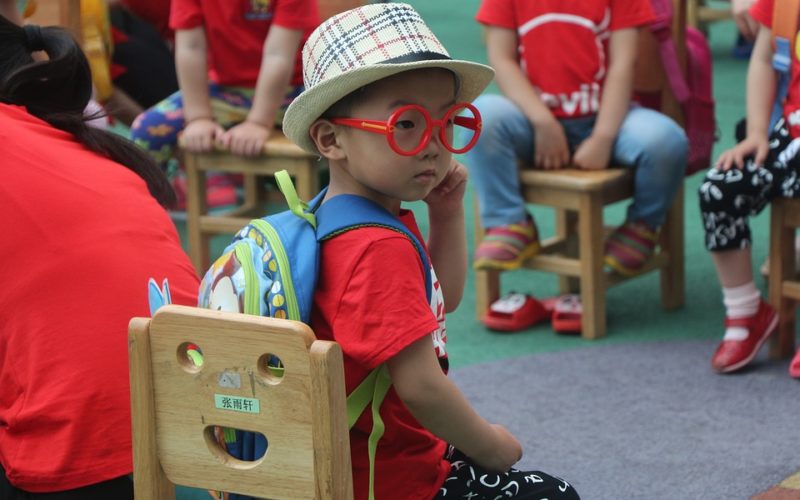Education has always been a powerful tool for personal growth and societal transformation. By equipping individuals with the skills and knowledge they need to enter the workforce or improve their career trajectory, education acts as a gateway to breaking socioeconomic barriers. From healthcare training to advanced degrees, access to learning opportunities directly influences an individual's ability to achieve upward social mobility.
Reducing inequality through access to education
One of the most vital ways education promotes social mobility is by reducing inequality. For disadvantaged groups, access to quality learning can act as a ladder to better job opportunities and increased income. Consider the rise of healthcare assistant courses in particular. These training programmes have made it easier for individuals from various socio-economic backgrounds to pursue careers in the healthcare sector, where demand for skilled workers remains high.
Governments and organisations that focus on improving access to education through scholarships, affordable courses, and digital tools help close the opportunity gap. When marginalised communities receive such support, it creates a ripple effect, benefitting not only individuals but also their wider communities.
Enhancing opportunities in high-demand sectors
Certain industries, like healthcare, serve as prime examples of how education fuels upward mobility. Healthcare assistant training, for instance, equips learners with the practical skills needed to thrive in a supportive, hands-on profession. These programmes combine classroom-based modules with on-the-job experience, making them accessible and impactful for learners of all ages.
Besides offering fulfilling career paths, healthcare training helps address a growing societal need. The ageing global population and healthcare emergencies, like pandemics, have led to increased demand for workforce-ready professionals. Training individuals for these roles not only elevates their standard of living but also guarantees critical services for a functioning society.
Breaking cycles of poverty
Education has long been a proven strategy for breaking inter-generational cycles of poverty. By providing young people with the resources to pursue meaningful careers, it reduces their dependence on public welfare systems. This is evident across vocational education and training (VET), which frequently allows those with limited resources to build valuable expertise and secure employment quickly.
Programmes like healthcare assistant courses highlight this ripple effect. A person who completes their training and secures a steady position in the healthcare field not only elevates their financial status but also inspires others in their community to follow similar paths.
Furthermore, well-trained members of the workforce contribute more in terms of taxes, reducing the strain on government resources allocated to social programs. The result is a cycle of empowerment rather than dependency.
Fostering community development
The impact of education goes beyond the individual; it also strengthens the social fabric of communities. Well-educated individuals bring diverse skills and perspectives, which contribute to local economic growth and innovation. For example, healthcare assistant training empowers students to provide critical support to doctors and nurses, directly improving health outcomes in their communities.
Improved literacy and education levels are directly tied to increased civic participation. People with access to good education are more likely to actively engage in their communities, whether through volunteering or public service roles. By doing so, they promote cohesion and help bring about positive societal changes.
Empowering future generations
When people are given an education, they are better positioned to pass its benefits down to their children. Parents who prioritise education provide their children with better tools to succeed, from stable home environments to access to extracurricular activities. This inter-generational transfer of opportunity ensures that education’s societal impact continues to grow over time.
Vocational education in areas like healthcare training offers particularly strong potential for long-term impact. Parents who find fulfilling work after completing their training can better provide for their families, setting an example of resilience and hard work that their children are likely to emulate.
The wider societal benefits of education
Ultimately, education plays an instrumental role in building a more equal and progressive society. Access to initiatives like healthcare assistant courses contributes to individual empowerment while also addressing critical skills shortages. When people are given the tools to achieve upward mobility, they fuel economic growth, minimise poverty, and solve societal challenges along the way.
To drive greater social mobility and impact, communities must continue advocating for accessible and high-quality education. Whether it’s training to become a healthcare professional or pursuing academic degrees, every educational opportunity has the power to change lives—not just for the students but for the society they live in.

















